Ella Fitzgerald — The First Lady of Song
Before jazz had textbooks, it had Ella Fitzgerald — a voice that smiled.
She rose from an amateur-night stage to the world’s grandest halls, carrying swing in her step,
perfect time in her phrasing, and a joy that made every audience breathe easier.
America in the 1930s was tough: breadlines, big bands, and crowded dance floors where people forgot their troubles for a few songs.
Ella became the heartbeat of that escape. With the Chick Webb Orchestra at the Savoy Ballroom, she learned how to make a crowd move —
not by shouting, but by floating above the rhythm with impossible ease.
Then came bebop. Where others stumbled over the harmonic maze, Ella laughed and flew.
Her scat wasn’t decoration — it was composition in real time, chord tones and blues language stitched together with playfulness and precision.
When producer Norman Granz launched the Verve label, Ella began her famous Songbook series,
treating Porter, Gershwin, Ellington and more with clarity, warmth, and unfailing musicality.
She didn’t just sing the American songbook — she helped define it.
Onstage, she was pure light. If lyrics slipped her mind — as in the immortal Mack the Knife in Berlin —
she rewrote the moment and made it better. Offstage, she carried herself with grace in a world that rarely offered it to Black women.
Decades passed, styles changed, but Ella remained what she had always been: the sound of joy made human.
Milestones
- 1934: Wins Amateur Night at the Apollo; the path begins.
- 1935–41: Vocal star of the Chick Webb Orchestra; "A-Tisket, A-Tasket” becomes a national hit.
- 1940s: Solo career expands; bebop era reveals her fearless scat artistry.
- 1956–64: Launches the Verve Songbook series — definitive interpretations of American standards.
- 1960: Ella in Berlin captures her live genius — joyful, daring, unforgettable.
- 1960s–80s: Tours the world with Ellington, Armstrong, and Peterson; a global ambassador of swing.
Iconic Albums
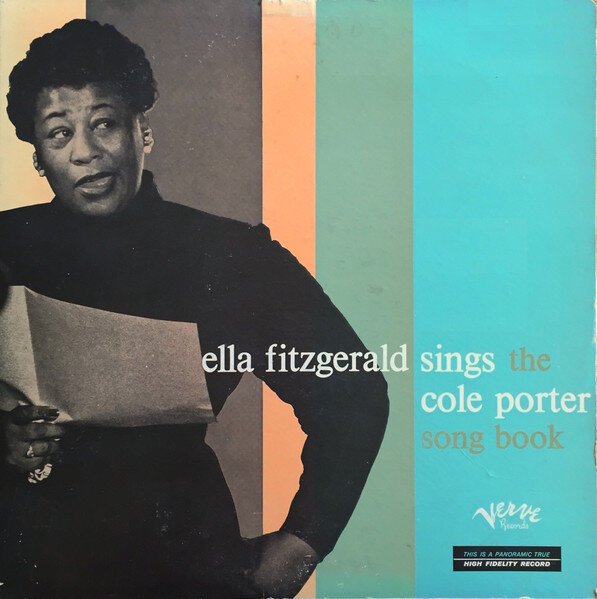
Ella Fitzgerald Sings the Cole Porter Song Book (1956)
The opening chapter of the Songbooks — elegant diction, effortless swing.
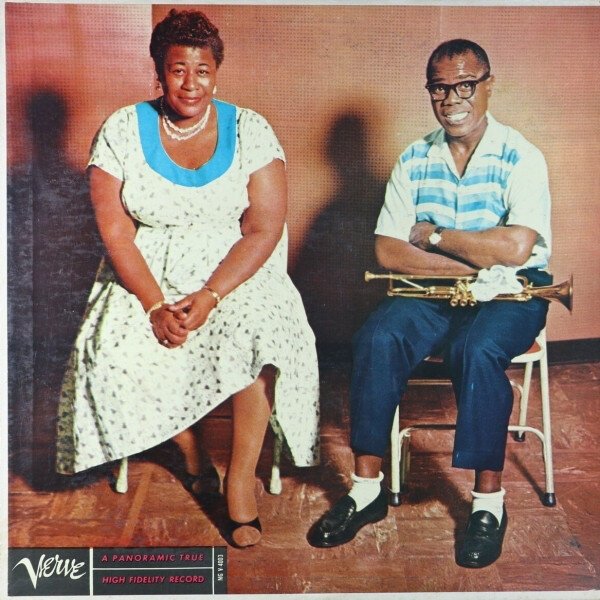
Ella and Louis (1956)
Two giants in warm conversation — tenderness set to time.
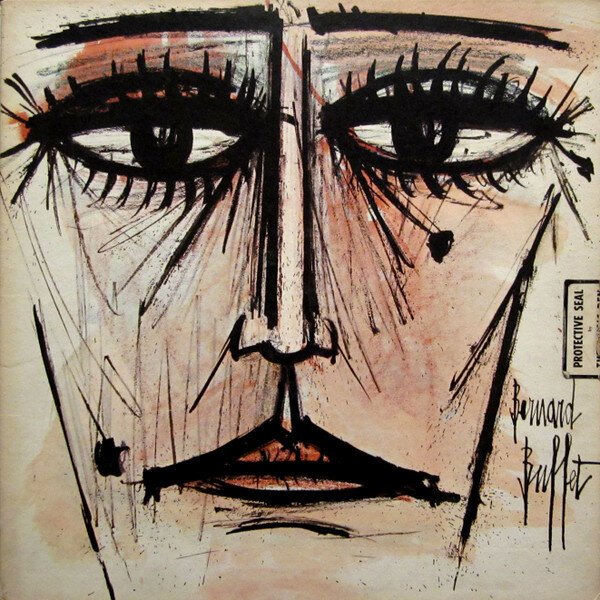
Ella Fitzgerald Sings the George and Ira Gershwin Song Book (1959)
Orchestral grandeur meets flawless phrasing — a summit performance.
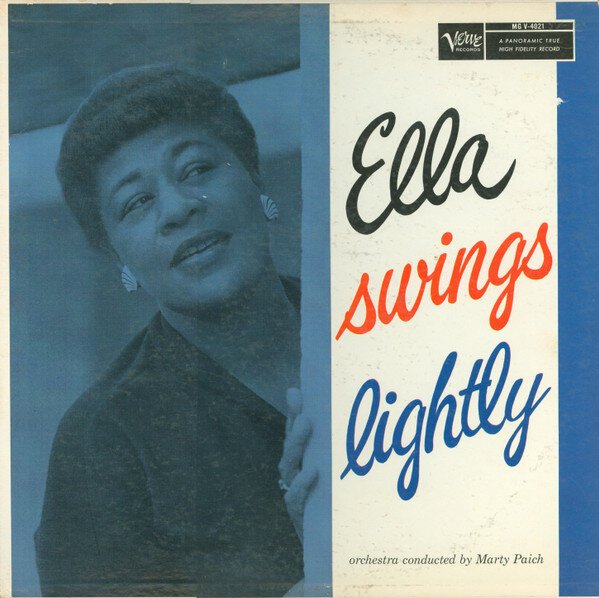
Ella Swings Lightly (1958)
Breezy, playful, and impeccably musical — swing that feels like sunshine.
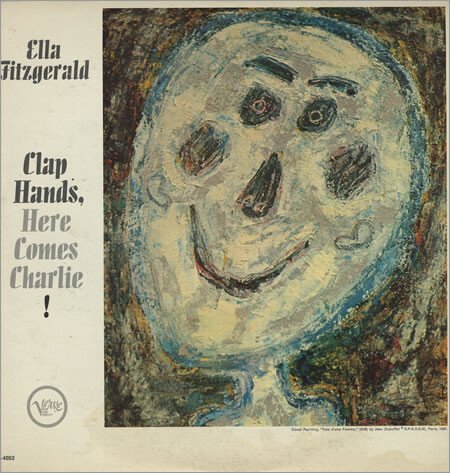
Clap Hands, Here Comes Charlie! (1961)
Bluesy hue and broader range — proof of her interpretive power.
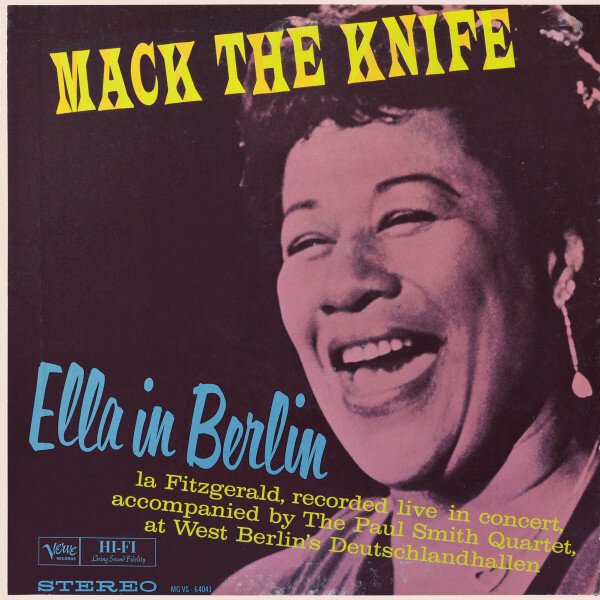
Ella in Berlin: Mack the Knife (1960)
Legendary live set — improvisation turns a lyric slip into magic.
Essential Songs
- Summertime
- Mack the Knife (Live in Berlin)
- They Can’t Take That Away from Me
- How High the Moon
- Dream a Little Dream of Me
- Cheek to Cheek
Did You Know?
- Her scat solos trace chord changes with surgical accuracy — it’s improvisation and arranging at once.
- The Songbook series helped canonize American standards for generations of singers.
- With Louis Armstrong, she proved contrast can be chemistry — silk and gravel in perfect balance.